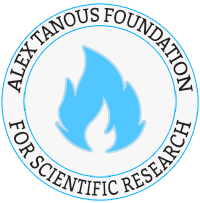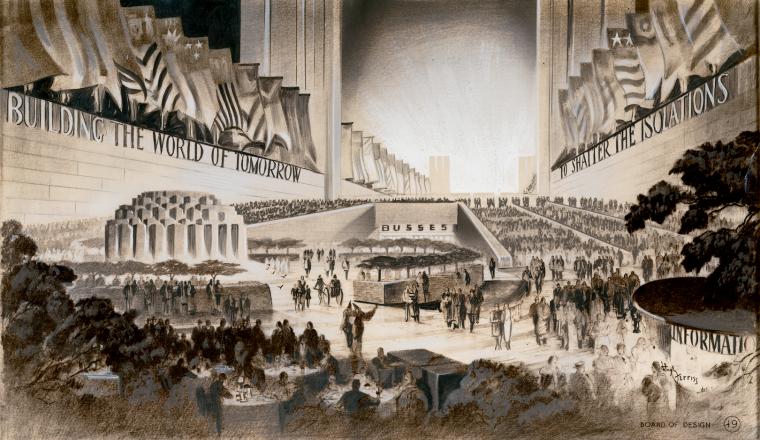“You will have a son,” Kahlil Gibran counseled Alex’s father, “a man of exceptional gifts, of great abilities — but also a man of great sorrows,” according to the Alex Tanous Foundation for Scientific Research website.
Now the spirit of Dr. Tanous, who was born in Van Buren, taught at the University of Southern Maine, and died in 1990, is returning with the publication of “Conversations with Ghosts,” featuring part of Tanous’s previously unpublished writings, edited by Callum E. Cooper, of Nottingshire, England.
“He taught classes on dreams, the power of creative living (early self-help classes), intro to parapsychology, the dynamics of success,” says Alice Kelley (nee Tanous), his niece, who runs the foundation.
“The dreams one was really popular; he ended up writing a book on that, and was almost done when he died. The first thing the foundation did was put that book out,” she said. “It was very popular. People love dreams.”
Tanous became known around the world for his research, writing and on-the-spot psychic experiments and encounters. He was the first psychic investigator on the scene at Amityville, and immediately debunked any notion of psychic activity there — a judgment unheeded (and altered) by the book and moviemakers.
“In the first decade after his death, the foundation was just getting organized,” Kelley said. “Now we want to get everything scanned. We have thousands of cassette tapes and found a place where it’s finally affordable to convert.”
Cooper received $2,000 to work on the book, the money helping him to go on book tour, including a stop at the Alex Tanous Library at the Rhine Center in Raleigh-Durham, N.C., one of last research centers in the United States that does on-site psychic research.
Kelley visited the Rhine Center to check out how the field has changed since the 1970s, its heyday. Back then, the American Society for Psychical Research was astir in New York, and all the top researchers were there. Now, the courses are offered online at Rhine.
“The experiments they were showing us — they’re using a lot of the same type of equipment when Alex was there, with soundproof rooms and remote viewing,” said Kelley, who had a Maine location for the foundation from 1990 to 2002, on Main Street in South Portland. She now works out of her home.
“Conversations with Ghosts” is the first of many hoped-for books to come out with Tanous research and writings.
“He has so much unpublished work. He died untimely,” she said. “I don’t know where we found Cal, how he came to us, but it’s good. Cal was only two years old when Alex died. At the college where Cal works, they have a whole department.”
Cooper agreed that the psychic field is enjoying a resurgence in the UK, with more than two dozen universities that cater to the parapsychological whereas there are only two in the United States, the University of West Georgia and Atlantic University in Virginia Beach. Cooper, who grew up in Nottingshire, said reading about Tanous inspired him to enter into the paranormal field.
“I had never considered it a career,” he said. “I was at the local library, reading about aliens and UFOs in the ghost section with some friends. I was fascinated, though more with the human aspect of it. At college, I picked a wide variety of subjects to add more strings to my bow.”
The collegiate experience at the University of Northampton led him to realize one could study parapsychological within psychology. In a Skype interview, Cooper spoke of the Maine Triangle, a three-sided geographical area, symmetrical to the Bermuda Triangle and off the coast of Maine, about which Tanous had started to theorize.
“In putting the book together, I noticed there were scraps of information that never got published about the Maine triangle. He became interested in the idea when he studied the Bermuda Triangle, but the writings never got published. Alex was looking at all kinds of things: ESP, healing, haunt locations, OBEs (out-of-body experiences) and some geographic anomalies (like triangular formations where paranormal activities would take place), and also psychic crime detection.”
When asked if he thought the book would appeal to readers all the year round, and not just on Hallowe’en, Cooper said, “I think it will. It’s not about being cynical; it’s about being skeptical.”
The Alex Tanous Foundation is hoping to revive interest in Tanous’s psychic research in his home state, offering scholarships and grants to researchers like Cooper looking to hold conversations with ghosts.


